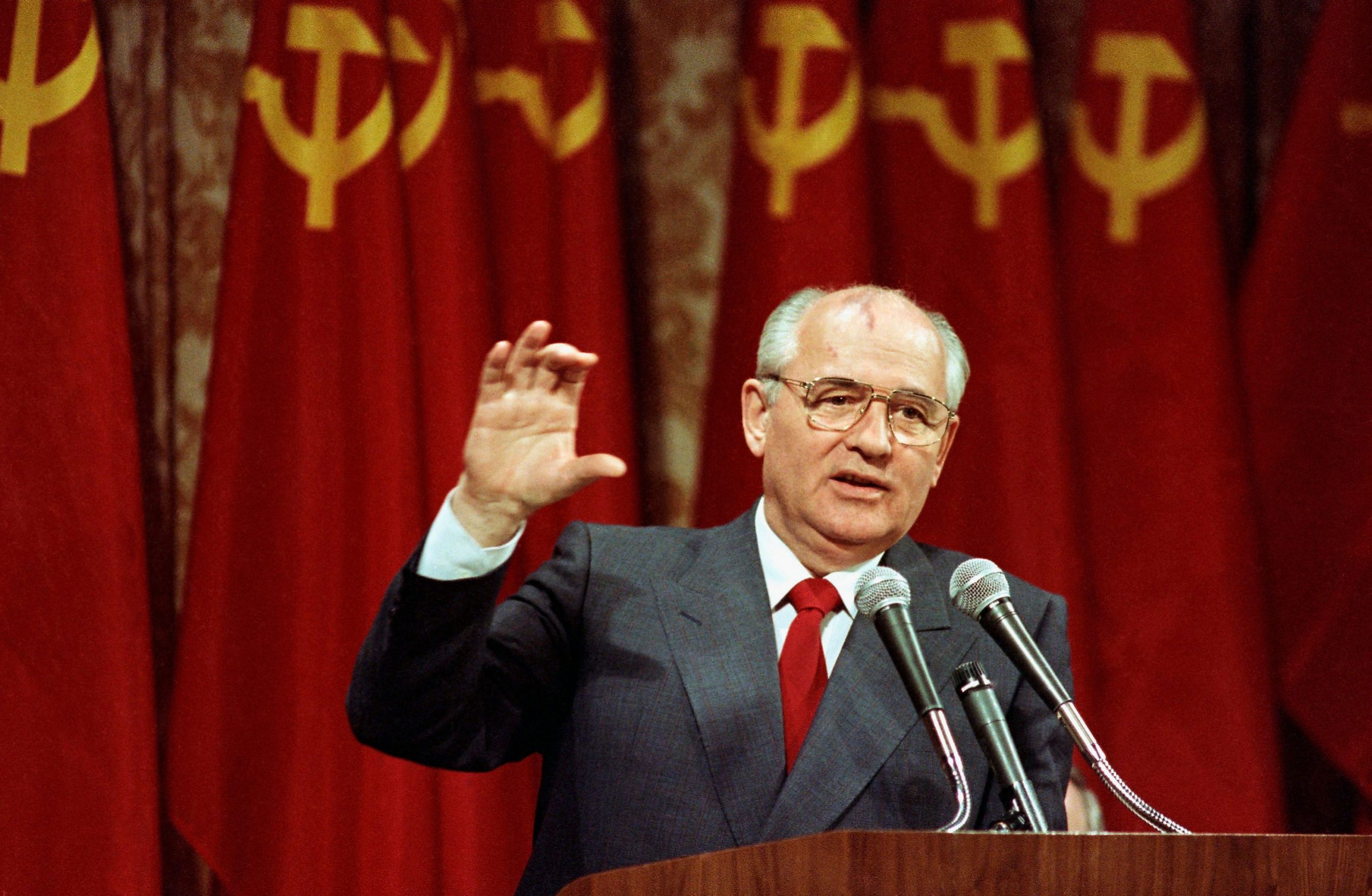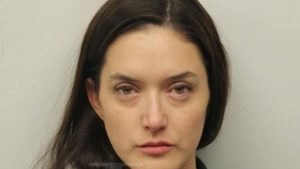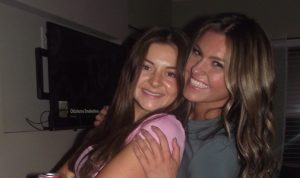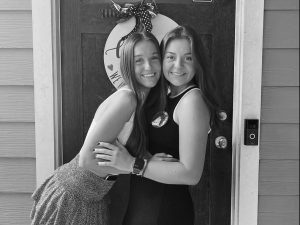Mikhail Gorbachev died on Tuesday at the age of 91 after a long illness, local media reported, citing hospital officials. Gorbachev was the last leader of the Soviet Union whose extraordinary reforms led to the end of the Cold War.
Who was Mikhail Gorbachev?
Mikhail Gorbachev was born in Privolnoye, USSR (now Russia), on March 2, 1931. During the Second World War, the German Army invaded invaded the Soviet Union and occupied Privolnoye in 1942. His father had joined the Red Army and was wrongly declared dead during the conflict. He returned to his family, injured. After the end of the Second World War, Gorbachev’s parents had their second son.
In the meantime, the village school, who had closed during the war, re-opened. Gorbachev excelled academically and was a voracious reader. At the age of 15, he joined the Soviet political youth organization Komsomol and was eventually elected to the Komsomol committee for the district.
He then moved to the high school in Molotovskeye. Gorbachev stayed there during the week and walked back home during the weekends. He was a member of the school’s drama society.
In 1950, Gorbachev became a candidate member of the Communist Party. He then joined the Moscow State University (MSU) to study law. At the age of 19. he traveled by train to Moscow, which was the first time he had left his home region. At MSU, Gorbachev headed the Komsomol for his class and later served as the organization’s deputy secretary for agitation and propaganda at the law school. While studying at MSU, he married fellow student Raisa Titarenko in 1953 and received his law degree two years later.
In 1955, he moved to Stavropol to work at regional procurator’s office. He, however, did not like his job and used his contacts to get a transfer to work for Komsomol. He soon became the deputy director of the organisation’s agitation and propaganda department for that region.
In 1961, he became First Secretary of the regional Komsomol. He then pursued a second degree, a correspondence course on agricultural production from the local Stavropol Agricultural Institute and received his diploma in 1967.
He rose steadily through the ranks of the local administration. In April 1970, Gorbachev became the First Secretary of the Stavropol kraikom – a position which granted him significant power over the Stavropol region. He automatically became a member of the Central Committee of the Communist Party of the Soviet Union.
Eight years later, Gorbachev was appointed a Secretary of the Central Committee. He and his wife moved to Moscow to fill the position. The same year, he was appointed to the Central Committee’s Secretariat for Agriculture.
In 1985, he was elected general secretary of the Communist Party of the Soviet Union. Three years later, he was chosen to preside over the national legislature’s praesidium. In 1989, the parliament elected a new Supreme Soviet and made Gorbachev its chairman and in 1990, Gorbachev ran ran unopposed for president of the Soviet Union.
Gorbachev aimed to fundamentally alter the USSR’s system of government, economy, and international relations. In an effort to strengthen ties with the West and the state of the Soviet economy, he implemented two policies – glasnost and perestroika.
Glasnost was an attempt to increase openness and transparency in government institutions and activities in USSR. Gorbachev supported freedom of speech and encouraged people to be honest when talking about politics.
Perestroika, on the other hand, was an attempt at brining greater autonomy in production and other market-like reforms.
Gorbachev joined hands with US President Ronald Reagan to reduce the political and military hostilities between the US and the USSR. In so doing, Gorbachev helped end the Cold War. He received the Nobel Peace Prize for his “leading role in the peace process” in Europe.
“Society was liberalized, and Gorbachev sought détente with the USA so as to be able to transfer funding from defense to civil society. He declared that he would not support Communist regimes in other countries if their peoples were opposed to them. He thus started a chain reaction which led to the fall of communism in Europe,” the official website of Noble Prize states.
In the meantime in 1989, the nine-year Soviet military involvement in Afghanistan ended and independence movements gained momentum in the Baltic republics, Georgia and Ukraine. By November, popular revolutions swept away communist governments in East Germany and the rest of Eastern Europe. In October 1990, East and West Germany united after intensive negotiations in which Gorbachev played a major role. The following month, the first draft of a Union Treaty was proposed by Gorbachev which gave substantial powers to the 15 republics.
The Supreme Soviet effectively put an end to Communist authority in the Soviet Union on August 29, 1991, when it stopped all Communist Party activity for an indeterminate period of time. The Soviet Union began to fall apart suddenly after that. Gorbachev had lost his ability to have an impact on events outside of Moscow by the end of September. He resigned the presidency of the Soviet Union on December 25, 1991 and the same day, the Soviet Union ceased to exist.






